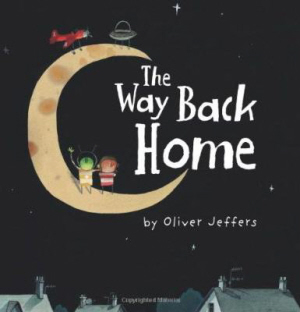Teaching and Fantasy Literature: Beginner’s Mind in Hobbiton
 The students in Intro to Poetry read scared. They started the semester twitchy as rabbits. Poetry made them feel stupid. No, let’s be more specific: being asked to explain poetry made them anticipate humiliation. Their baggage from their high school English classes led them to expect, reasonably or not, that they had to be experts already, that they would be chastised in front of one another and punished with bad grades for not already knowing as much as their teachers did. They felt like newly licensed drivers trying to merge onto a freeway from a stop sign.
The students in Intro to Poetry read scared. They started the semester twitchy as rabbits. Poetry made them feel stupid. No, let’s be more specific: being asked to explain poetry made them anticipate humiliation. Their baggage from their high school English classes led them to expect, reasonably or not, that they had to be experts already, that they would be chastised in front of one another and punished with bad grades for not already knowing as much as their teachers did. They felt like newly licensed drivers trying to merge onto a freeway from a stop sign.
Before they could get anywhere with poetry, they had to embrace being beginners. Not to accept that they were beginners–some of them weren’t–but deliberately to become beginners. I didn’t want them to perform their expertise in my classroom. I wanted them to read with curiosity. I wanted them to encounter each poem we read together with questions like What is this? What does it do? How am I experiencing it? I urged the students to wait until they had read with beginner’s eyes, at least once through, before asking questions like What is my judgment upon this?
Reading with some approximation of the Buddhist concept of beginner’s mind is something I’ve been fairly good at since I first began teaching–it’s almost impossible to comment usefully on student writing without it–but the Intro to Poetry course forced me to model this kind of reading so assiduously that I have found it difficult ever since to read creative work, or even watch movies, in the mode of a judge in the sentencing phase of a criminal trial.
I watched Peter Jackson’s first installment of The Hobbit in an intermittent state of beginner’s mind, and my experience of it was so different from that of the film critics whose reviews I have seen since, one might think I’d seen a different film.
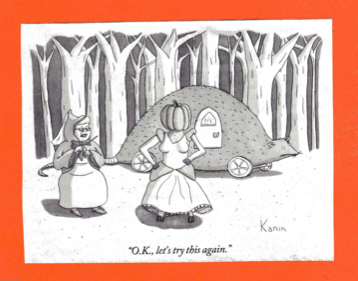 I commanded my first students to revise, as I had been commanded by my own mentors. Had I ever revised–not just proofread and fiddled, but actually revised–anything in my life before I started teaching? No. When I was a student, my first drafts were clean enough and clever enough, I could get away with handing them in for all my classes. Some of my teachers called me on it, but nobody insisted I do anything differently. When I took the helm of a writing class for the first time, at the absurd age of 24, I could tell my students all the steps of a beginner’s revision process. I knew the platitudes, and for me, that’s all they were. I could not have followed those steps to save my life. My first drafts, while in progress, were plenty messy, but once I finished them, the prose style was smooth as glass. I feared what might happen if I broke it.
I commanded my first students to revise, as I had been commanded by my own mentors. Had I ever revised–not just proofread and fiddled, but actually revised–anything in my life before I started teaching? No. When I was a student, my first drafts were clean enough and clever enough, I could get away with handing them in for all my classes. Some of my teachers called me on it, but nobody insisted I do anything differently. When I took the helm of a writing class for the first time, at the absurd age of 24, I could tell my students all the steps of a beginner’s revision process. I knew the platitudes, and for me, that’s all they were. I could not have followed those steps to save my life. My first drafts, while in progress, were plenty messy, but once I finished them, the prose style was smooth as glass. I feared what might happen if I broke it.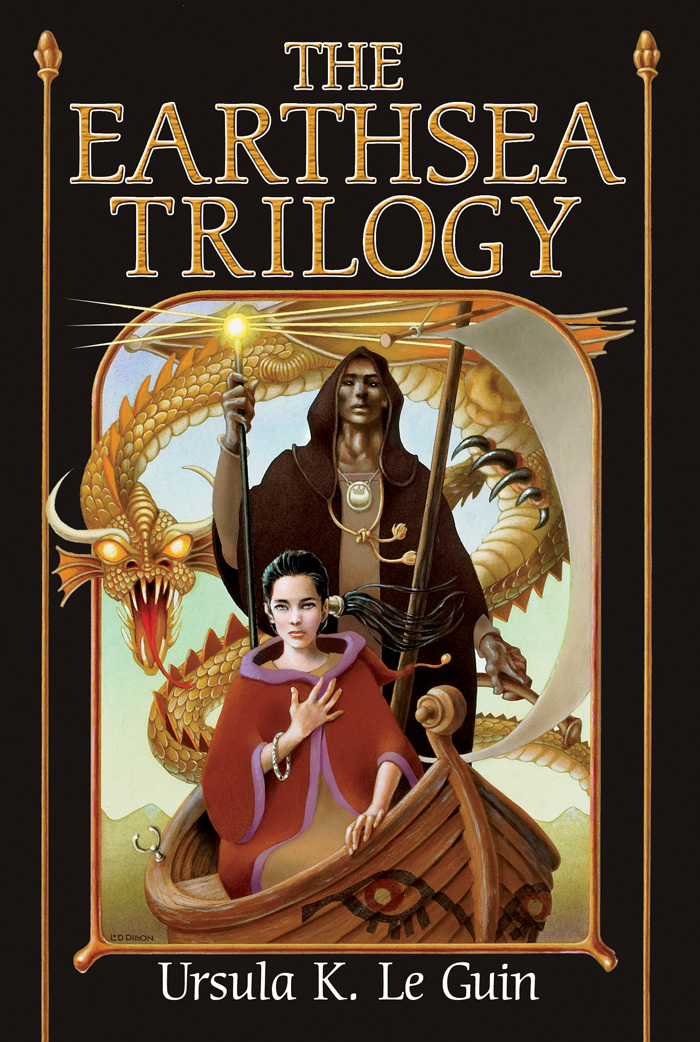 To my surprise, I got a bunch of emails asking for more details about the weird teaching gig I described in
To my surprise, I got a bunch of emails asking for more details about the weird teaching gig I described in  When I learned my first child would be a boy, one of my first stops was the library, where I checked out a huge stack of books about boys: how they think, how they learn, how they’re socialized, with all the attendant parental and teacherly how-tos and cautionary tales. I was wary of
When I learned my first child would be a boy, one of my first stops was the library, where I checked out a huge stack of books about boys: how they think, how they learn, how they’re socialized, with all the attendant parental and teacherly how-tos and cautionary tales. I was wary of 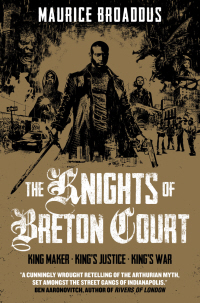
.jpg/150px-Ultimate_X-Men_Fantastic_Four_Annual_Vol_1_1_Page_3_X-Men_(Earth-81122).jpg)
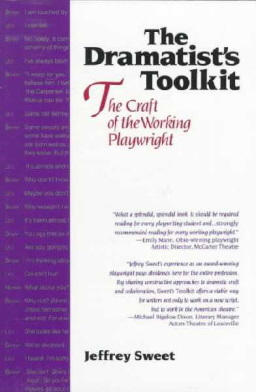
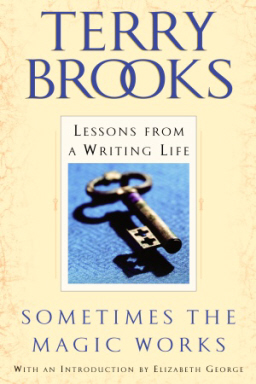
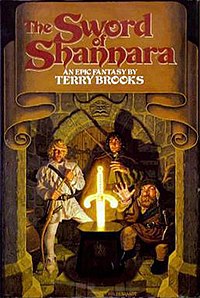 A confession: Terry Brooks’s novels are not my thing. That is not a judgment on him, just an observation that so far I haven’t really connected with his work. For the record, in the Grand Taxonomy and Hierarchy of Books That Aren’t My Thing, The Sword of Shannara gave me far more reading enjoyment than did James Joyce’s Ulysses.
A confession: Terry Brooks’s novels are not my thing. That is not a judgment on him, just an observation that so far I haven’t really connected with his work. For the record, in the Grand Taxonomy and Hierarchy of Books That Aren’t My Thing, The Sword of Shannara gave me far more reading enjoyment than did James Joyce’s Ulysses. Any of several things can happen next. The student may find three likeminded young writers and a folding card table to meet at, and start her own seminar. The student may drop out of college, get a series of fascinating dead end jobs, and write his way to a workshop like Clarion or Odyssey. Maybe she gives up writing altogether. Maybe he stops showing his writing to others. Maybe she goes pro eventually despite it all, and has a chip on her shoulder about that confounded creative writing class for the rest of her days.
Any of several things can happen next. The student may find three likeminded young writers and a folding card table to meet at, and start her own seminar. The student may drop out of college, get a series of fascinating dead end jobs, and write his way to a workshop like Clarion or Odyssey. Maybe she gives up writing altogether. Maybe he stops showing his writing to others. Maybe she goes pro eventually despite it all, and has a chip on her shoulder about that confounded creative writing class for the rest of her days.